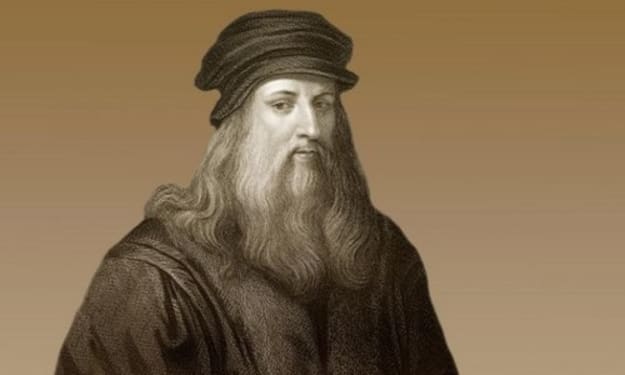Books Banned in India Due to Controversial Content
Books Review

Since the beginning of human civilization, literature has been a crucial part of society. It not only reflects the condition of the society of the time but also shapes its future. This significant role of literature means that it has always been surrounded by controversies. In fact, in ancient and medieval warfare, the destruction of a culture’s literature was an important tactic to destroy and dominate the culture itself. The burning of libraries meant the burning of entire knowledge systems of the culture.
Although large-scale destruction of literature is no longer seen in modern times, it is still subject to various controversies for political, social, and ethical reasons.
India has a long tradition of literature, ranging from the ancient Vedas to modern novels, and many literary works have been the subject of controversy and have been banned by the government. Here are 10 controversial books that were banned in India.
1- The Satanic Verses, by Salman Rushdie
Following the success of his Man Booker Prize-winning novel Midnight’s Children, Rushdie's fourth book, The Satanic Verses, generated a significant controversy. The book discusses verses that were removed from the Koran, which include references to three pagan goddesses as mediators of God. This depiction of Islam, along with other elements of the novel, was considered sacrilegious by Muslims worldwide.
In 1989, Ayatollah Ruhollah Khomeini, the then Supreme Leader of Iran, issued a fatwa calling for Rushdie's execution, resulting in him living in hiding for several years. The book was banned in India for purportedly promoting hate speech against Muslims, and it continues to be one of the most controversial pieces of literature ever written.
2- An Area of Darkness, by V.S. Naipaul
The first part of the trilogy by the Nobel Prize-winning writer of Indian descent, who was born in Trinidad and Tobago, describes his initial visit to his ancestral homeland. This travelogue, which also includes India: A Wounded Civilization and India: A Million Mutinies Now, portrays the author's feeling of pessimism, disillusionment, and disappointment during his journey. However, the book faced immediate backlash in India and was banned for its "negative depiction of India and its people." In response to Naipaul's An Area of Darkness, Indian poet Nissim Ezekiel wrote the essay "Naipaul's India and Mine" in 1984, criticizing Naipaul's observations as shattering his idealized image of India.
3- The Face of Mother India, by Katherine Mayo
This is another example of a controversial book from the pre-independence era in India. Written by American researcher and historian Katherine Mayo, the 1926 book documented various practices of the Hindu religion, such as child marriage and the treatment of women and lower castes, which she saw as regressive. Mayo was a supporter of white nationalism and opposed India's independence from British colonial rule. She argued that India would be better off under British colonial administration. The book was met with protests and burnings in India, and Mahatma Gandhi criticized the author's narrow ideological perspective, calling it "the report of a drain inspector sent out with the one purpose of opening and examining the drains of the country to be reported upon."
4- The Hindus: An Alternative History, by Wendy Doniger
Hinduism is an ancient and expansive religion that has long been associated with the Caste System, which has been the subject of criticism and debate from ancient to contemporary times.
In this context, when American Indologist and Sanskrit scholar Wendy Doniger published her book, it caused significant controversy. The book aimed to offer an alternative history, one that is distinct from the Brahmanical, patriarchal, and orientalist mainstream narrative. It utilized the perspectives of women and lower caste people to present its story.
As a result of its content, the book was banned in February 2014, on the grounds of "deliberate and malicious acts intended to outrage the feelings of any religious community," sparking discussions about the status of freedom of expression in the country.
5- Shivaji: Hindu King in Islamic India, by James W. Laine
Shivaji Bhonsle was a notable leader in Maharashtra who played a pivotal role in the foundation of the Maratha Empire. During India's struggle for independence from the British, he was hailed as a proto-nationalist and a Hindu hero, and his legacy has been a significant part of Indian history and politics.
James Laine, an academic, professor, and writer, faced backlash when he published his book, which claimed that Shivaji's history was constructed as a Hindu hero against a Muslim enemy. This caused protests by the Marathas in Maharashtra, where Shivaji's legacy was highly valued. As a result of the public unrest and attacks, the book was banned in Maharashtra in January 2004.
Although the ban was eventually lifted after the text was revised, the decision was met with further protests.
About the Creator
Danish Nazir
Hi Welcome!
My name is Danish Nazir. I am a content creator.






Comments
There are no comments for this story
Be the first to respond and start the conversation.